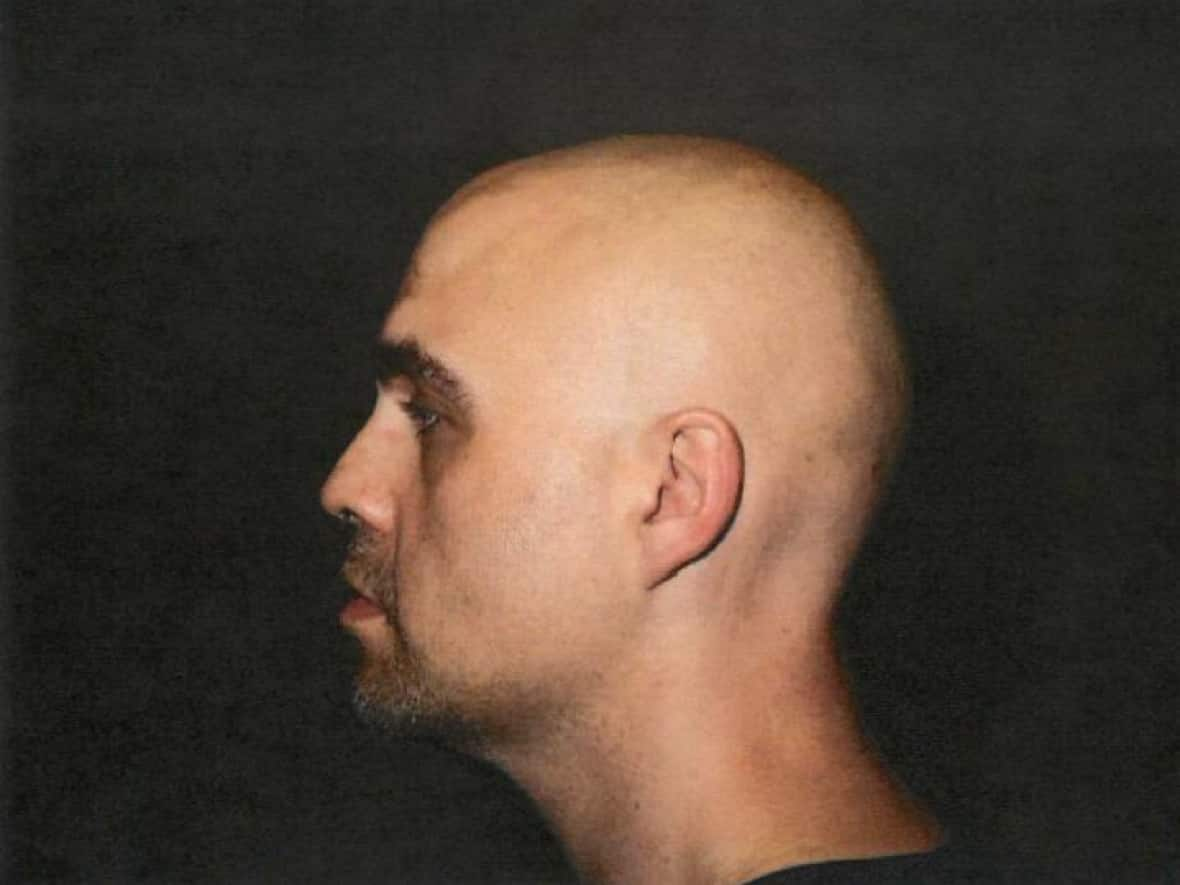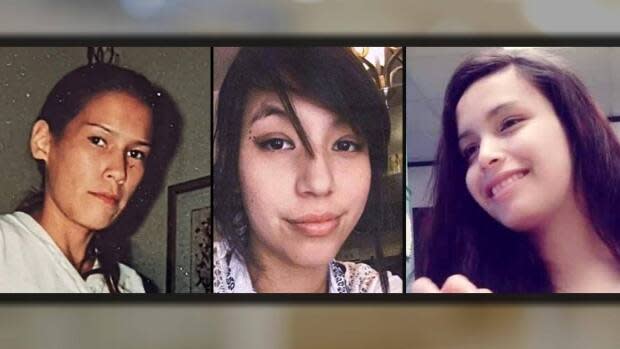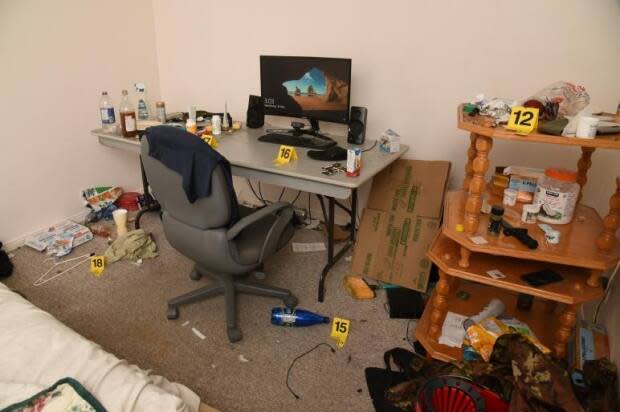Jeremy Skibicki searched online about fingerprints, serial killer definition, Winnipeg trial hears

WARNING: This story contains distressing details.
Searches done on a computer belonging to an admitted serial killer before his arrest included questions about DNA, fingerprints, Winnipeg's garbage day collection schedule and the definition of a serial killer, a police computer analyst testified during Jeremy Skibicki's trial on Tuesday.
Those searches were all done between mid-March and mid-May of 2022, when Skibicki is believed to have killed the four women whose deaths he's now on trial for, analyst Riley Johansson said.
They included questions like "Does washing clothes destroy DNA?", "Do fingerprints show up on plastic wrap?" and "Can gloves leave fingerprints?"
There were also queries about a condition called explosive anger disorder and how long places usually keep their security footage. A search for the definition of a serial killer was done on May 5, 2022 — a day after investigators believe he killed the third of his four victims.
Court heard the searches also included questions about garbage day information on four separate dates — which fell right around when investigators believe Skibicki killed each woman.
Those searches were among more than 560,000 pieces of data extracted from a computer seized during a search of Skibicki's North Kildonan apartment in 2022, court heard.

Skibicki, 37, is charged in the deaths of three First Nations women — Rebecca Contois, 24, Morgan Harris, 39, and Marcedes Myran, 26 — as well as the death of an as-yet-unidentified woman who has been given the name Mashkode Bizhiki'ikwe, or Buffalo Woman, by community leaders. She is believed to have also been Indigenous and in her 20s when she died.
Skibicki was arrested in May 2022, after Contois's partial remains were discovered in garbage bins near his North Kildonan apartment. More of her remains were later found at a Winnipeg landfill. The remains of Harris and Myran are believed to be in another landfill just outside of Winnipeg, while police have not said where they believe Mashkode Bizhiki'ikwe's remains are.
Skibicki unexpectedly confessed to killing Contois and the three other women, whose deaths police had previously had no knowledge of, during a 2022 interview with investigators after Contois's remains were found.
Prosecutors have said the women's deaths were intentional and racially motivated, and that Skibicki preyed on vulnerable Indigenous women at Winnipeg homeless shelters before killing them and throwing out their remains.
Skibicki's legal team says while he's admitting he killed the women, they plan to argue he shouldn't be held criminally responsible due to a mental disorder.
Computer history sheds light on timeline
The computer history sheds more light on what exactly was being searched on Skibicki's computer around the time each woman is believed to have been killed.
Court heard on March 15, 2022 — the day Skibicki is believed to have killed the unidentified woman — the searches done on his computer included questions about when police can take your DNA and how long they can keep it for.
Later that day, there was also a search for a bus route from Skibicki's McKay Avenue apartment to a store in Winnipeg's north Garden City neighbourhood that sells packaging materials like plastic wrap, Johansson testified. That evening, the searches done included questions about whether fingerprints show up on plastic wrap and how well bleach removes fingerprints.
More than a month later, court heard a search was done on Skibicki's computer for "How long does it take for hot water to come back?" That search happened late in the evening of May 1, the day Skibicki is believed to have killed Harris — which Johansson testified was relevant because Skibicki told police he killed Harris by drowning her.
The computer was also used to make several searches related to missing people, including accessing Harris's missing person poster on May 17, 2022 — weeks after he's believed to have killed her.

Court heard analysis of Skibicki's Facebook account showed he was friends with Contois on the social media site, and that she'd even logged into her account on his computer a few months before she was killed. But that analysis also showed the accused unfriended her on May 15, 2022 — right around when he's believed to have killed her.
The computer was also used the following day to view a news article about the discovery of what would later be determined to be Contois's remains, court heard.
During cross-examination, defence lawyer Alyssa Munce asked Johansson about searches done and websites visited on Skibicki's computer that were related to religious topics. Court heard his computer was used on May 4, 2022, to view the Wikipedia page for "Eternal Rest," which was described as "the progression of souls of the faithful departed in purgatory to their place in heaven."
Munce also asked him about a message he sent to his ex-wife on May 10, 2022, saying he had a "mental disorder."
The trial before Court of King's Bench Chief Justice Glenn Joyal is scheduled to continue Wednesday with testimony about letters Skibicki sent another inmate while incarcerated.
The trial is expected to last until June 6.
Support is available for anyone affected by these reports and the issue of missing and murdered Indigenous people. Immediate emotional assistance and crisis support are available 24 hours a day, seven days a week through a national hotline at 1-844-413-6649.
You can also access, through the government of Canada, health support services such as mental health counselling, community-based support and cultural services, and some travel costs to see elders and traditional healers. Family members seeking information about a missing or murdered loved one can access Family Information Liaison Units.

